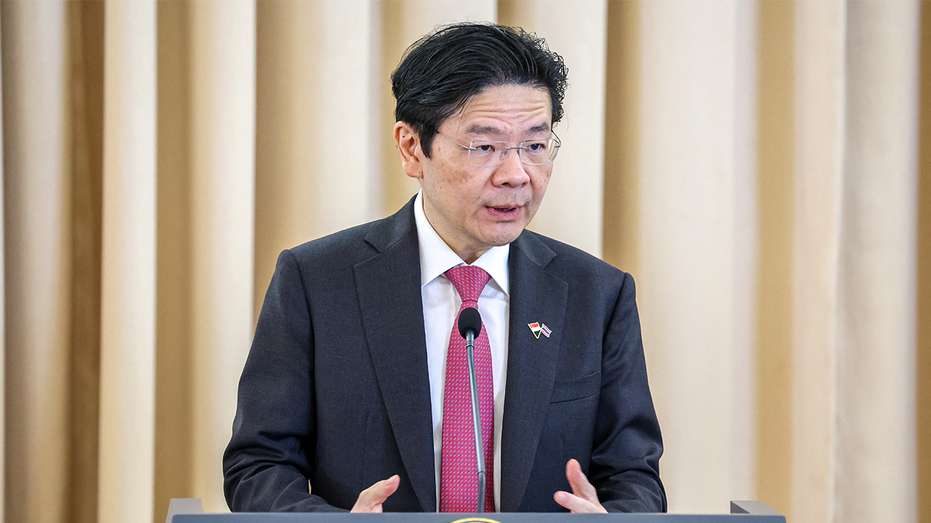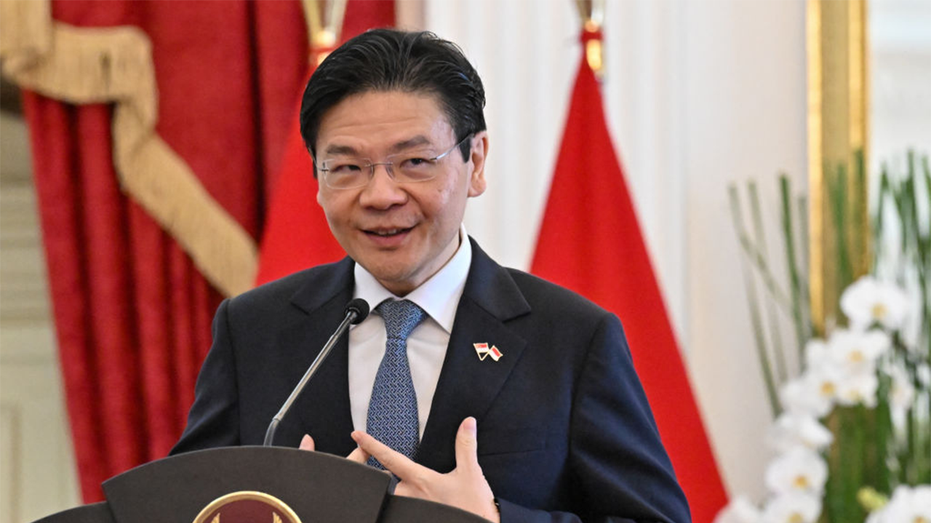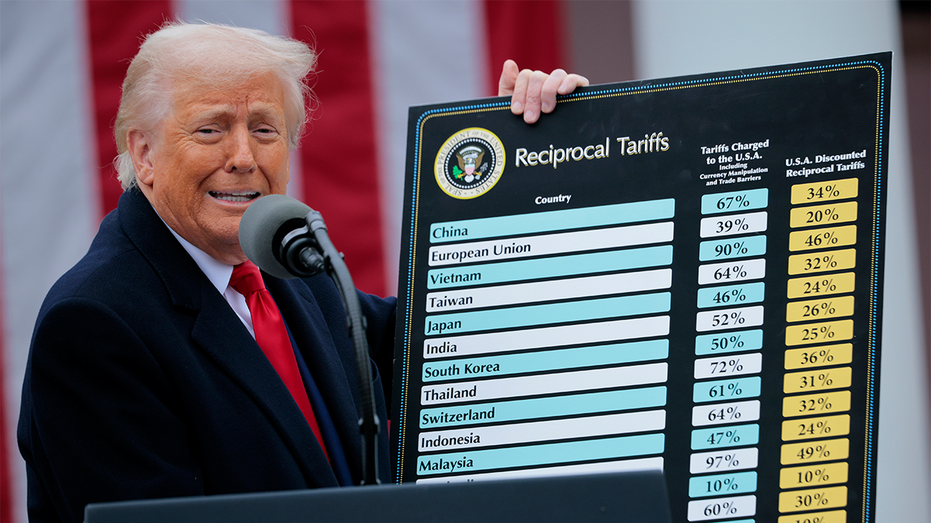Singapore PM says Trump's universal tariff does not appear open for negotiation: 'Fixed minimum tariff'
'We are very disappointed by the U.S. move, especially considering the deep and longstanding friendship between our two countries,' Lawrence Wong said
Wall Street titans think Trump's tariff approach is a mistake: Charles Payne
'Making Money' host Charles Payne discusses Wall Street's interpretation of President Donald Trump's tariffs.
Singapore Prime Minister Lawrence Wong said Tuesday that President Donald Trump's 10% universal tariff rate on the Asian country does not seem open for negotiation.
Speaking to parliament, Wong also warned of potential upheaval in the domestic economy as a result of a global escalation of trade disputes.
Wong said Singapore's growth would be significantly impacted and that the trade-reliant country would likely revise down its gross domestic product growth forecasts. It remains unclear if the island would go into recession this year.
The current trade ministry GDP forecast is 1% to 3% for 2025.
CHINA RETALIATES WITH 34% TARIFFS ON US IMPORTS

Singapore Prime Minister Lawrence Wong said U.S. President Donald Trump's 10% universal tariff rate on the country does not seem open for negotiation. (Reuters / Reuters Photos)
"It doesn't look like the 10% universal rate is open for negotiation. This seems to be the fixed minimum tariff, regardless of a country's trade balance or existing trade arrangements," Wong said in his address.
Singapore, which applies zero tariffs on U.S. goods, evaded the significantly larger tariff rates imposed last week on many of its neighbors in Southeast Asia. But the city-state still took issue with the Trump administration's decision to implement the 10% universal rate despite its free-trade agreement with the U.S. government.
"We are very disappointed by the U.S. move, especially considering the deep and longstanding friendship between our two countries," Wong said. "These are not actions one does to a friend."

Singapore, which applies zero tariffs on U.S. goods, escaped the significantly larger tariff rates imposed on many of its neighbors in Southeast Asia. (Getty Images)
Still, the prime minister said Singapore would not impose retaliatory tariffs.
Wong said "the likelihood of a full-blown global trade war is growing," anticipating weaker short-term global growth and a slip in demand for his country's goods and services.
The prime minister warned that if companies move from Singapore to the U.S., it would result in job losses and retrenchments.

Singapore took issue with the Trump administration's decision to implement the 10% universal rate despite its free-trade agreement with the U.S. government. (Chip Somodevilla/Getty Images / Getty Images)
CLICK HERE TO READ MORE ON FOX BUSINESS
"The government will do everything we can to navigate through the choppy waters and ensure no one is left behind," he said.
The U.S. had a goods trade surplus of $2.8 billion with Singapore in 2024, according to the U.S. Trade Representative website. But Singapore Trade Minister Gan Kim Yong last week said the U.S. trade surplus with the Asian country amounted to a "substantial" $30 billion last year.
Reuters contributed to this report.





















